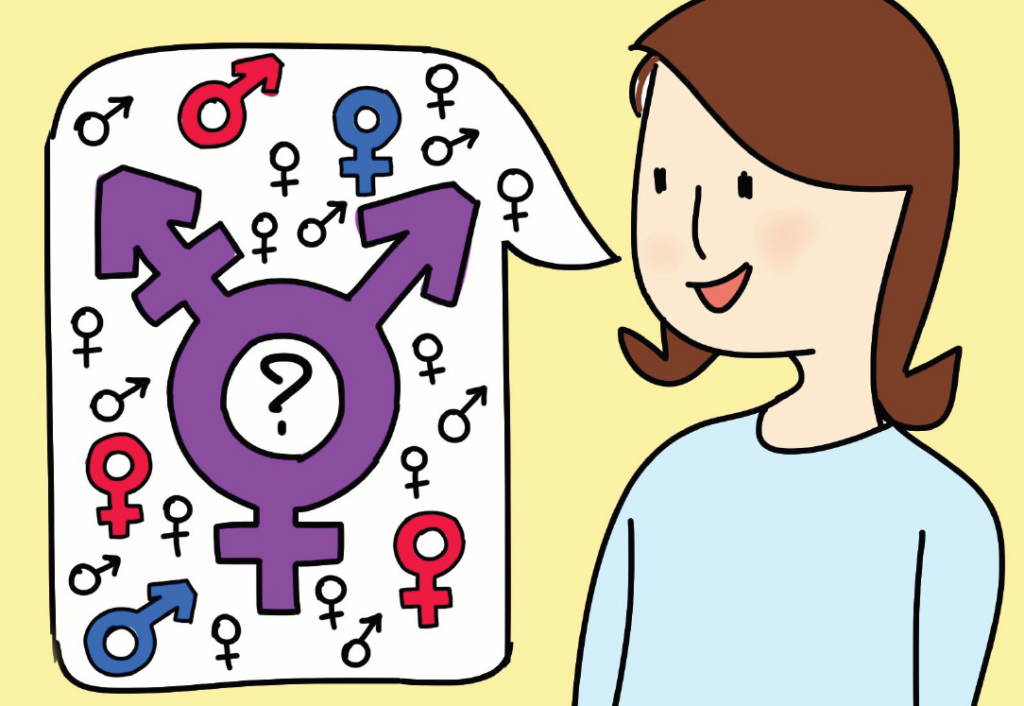
Members of the Choate community need to make a more conscious effort to degender language in everyday conversation.
“Alright, guys, I’ll see you later.”
A while back, I ended a conversation using this phrase with a few friends, all of whom were female. Admittedly, when I said it, it sounded ordinary to me. It was only upon guilty retrospect did I realize how awkward it sounded to address them as “guys,” given that none of them would have identified with the male gender.
After the incident, I gave myself a challenge. I began to pay close attention to the conversations of people around me, compiling a list of gender-specific words and phrases that popped up in everyday chitchat. Before much time had passed, my list rapidly accumulated: “man up,” “oh man,” “wingman,” and “mankind” were only a few of the many phrases I had amassed. Eventually, after I had started documenting gender-specific phrases in everyday conversation, I became sharply more aware of the downsides to using these phrases.
Modern-day colloquialism perpetuates gender norms, even though this may not seem obvious at first. Take one of the most commonly used phrases in society: “hey guys.” On the surface, nothing seems too wrong with saying this. However, in doing so, we unintentionally associate males with being the default gender, marginalizing females and gender-fluid people. Although we may claim to view all genders as being equal, most would nonetheless find it odd to address people with a “hey girls” in place of a “hey guys.” Even this subconscious bias is a manifestation of gender inequality.
I suggested to my friends one time that we would benefit greatly if instead of addressing people by saying “hey guys,” we greeted them with a “hey y’all” and briefly explained the effects of this minor tweak. While a few of my friends promised offhand that they might “try it out” in the future, most didn’t recognize the harm in sticking with “hey guys.”
A few asserted that this proposition was “political correctness gone crazy.” Some friends — both male and female — thought that going out of their way to re-appropriate these phrases with gender-neutral terms was “extra,” claiming that using “hey guys” in everyday conversation was, in itself, harmless. To an extent, this thinking is understandable: After all, these phrases have been so deeply ingrained in society that we are numb to their effects.
However, the use of these gendered phrases is inherently problematic. In doing so, we effectively regard males as the default gender, excluding females and gender-fluid people from our day-to-day conversations. By pegging the male gender as the norm, any other gender is consequently treated as deviant from this standard. Though not apparently obvious, our continued use of gendered language undermines the struggles which marginalized groups face within society, especially one already historically dominated by men.
Degendering language is the first step to undoing the discrimination that has existed in our society for so long. Luckily for us, the solution to this particular problem is quick and straightforward. If we notice how much our words influence others, and we shun phrases in conversations that marginalize minority groups, we would enact meaningful change within our community. Henceforward, if we began to refer to people not as guys, but instead as what they literally are, people, the battle of equality would be half-won.




